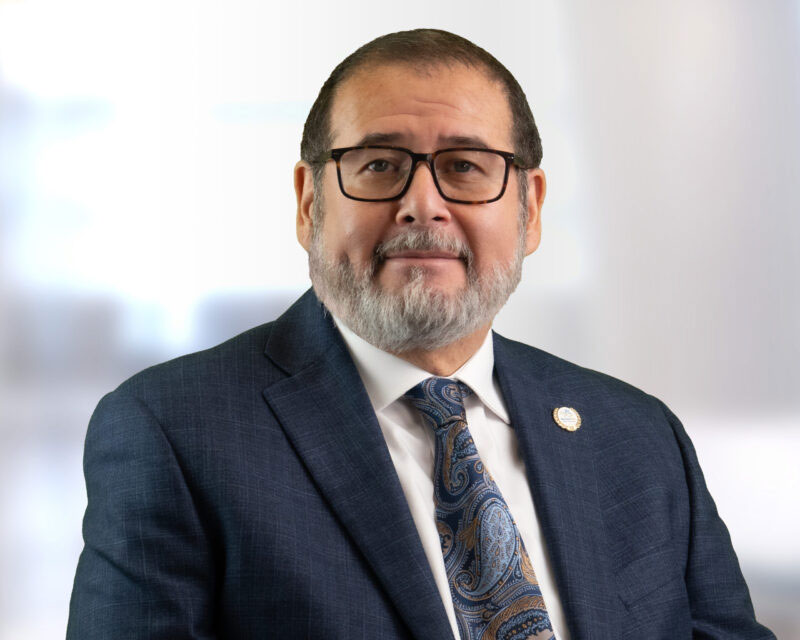On June 2, 2010, in Brasilia, the Brazilian Agricultural Research Corporation (EMBRAPA) hosted an IFPRI-organized workshop called “Bold Actions for Stimulating Inclusive Growth.” EMBRAPA President Pedro Antonio Arraes Pereira and former IFPRI Chairman Ross Garnaut welcomed the numerous guests to this unique opportunity for international dialogue, and IFPRI Director General Shenggen Fan discussed the role of emerging economies in global food security during his keynote address.
The workshop featured presentations and related discussions focused in four areas of concentration, including pro-poor smallholder growth; rural infrastructure investment; social protection and nutrition; and climate change, biofuel, and natural resources. While a number of presentations looked at the particular situation in Brazil as an example of inclusive growth—from its achievements with public investments in agricultural development to its experiences with biofuels—others compared development strategies from across the globe, including approaches to addressing regional inequality in Latin America and Sub-Saharan Africa and policies on social protection in Asia and Latin America.



